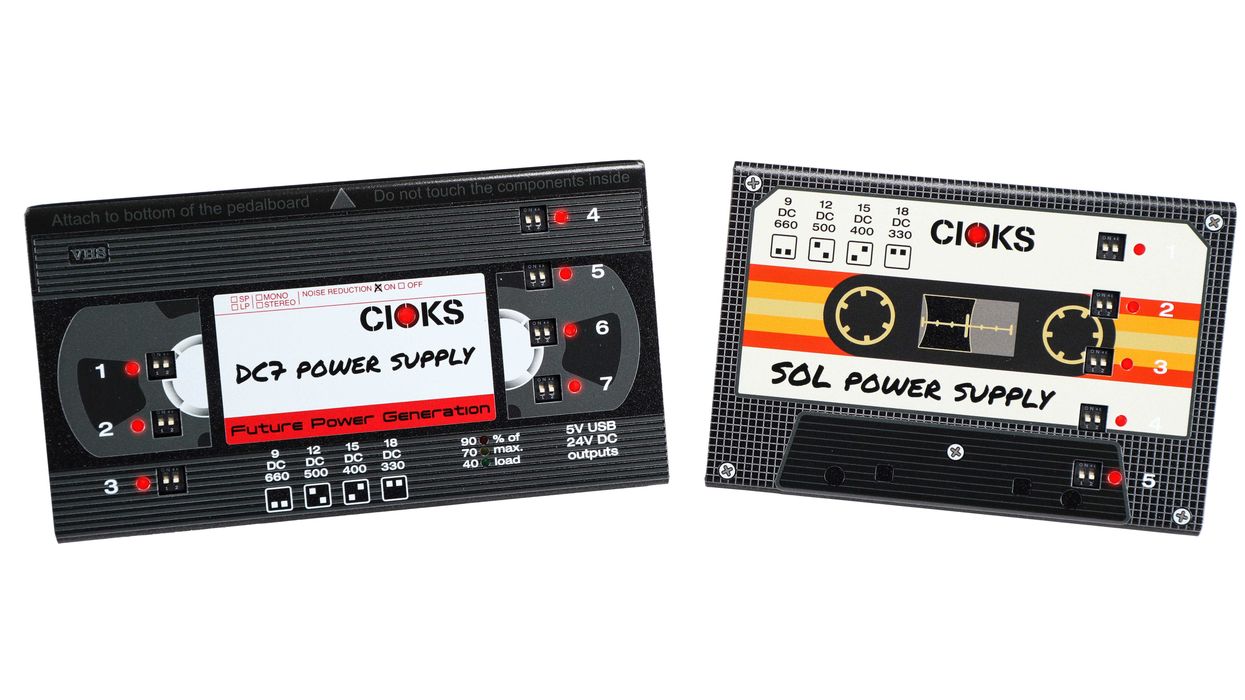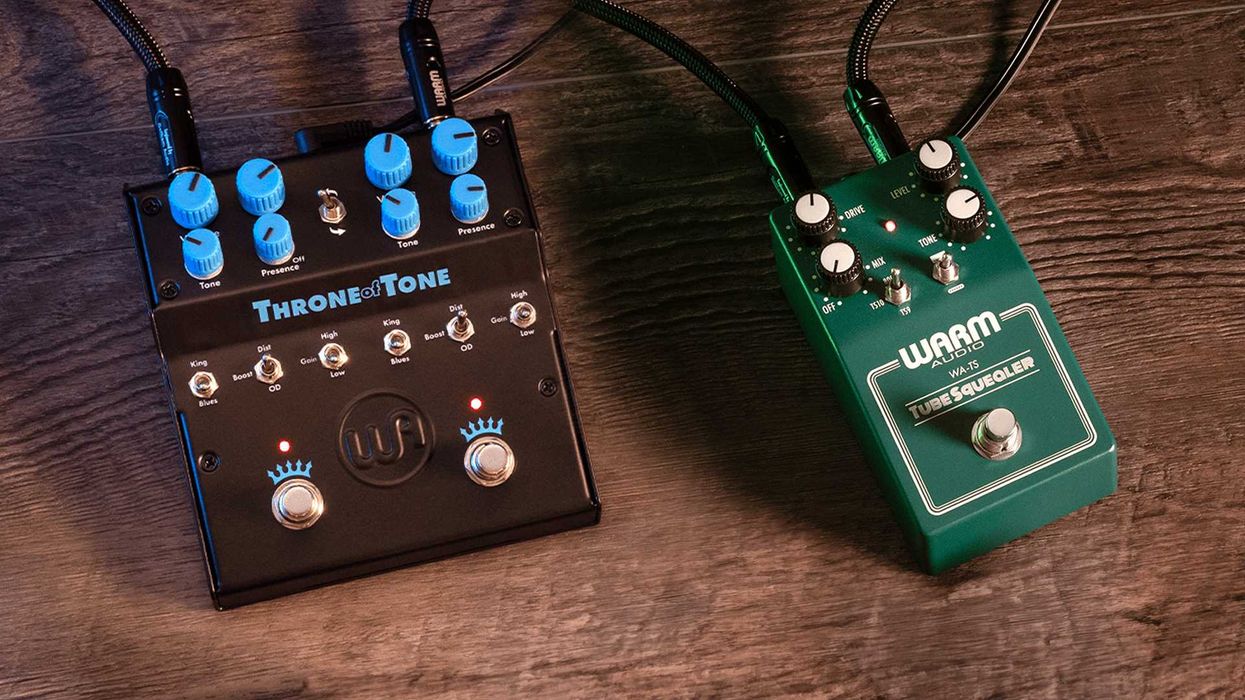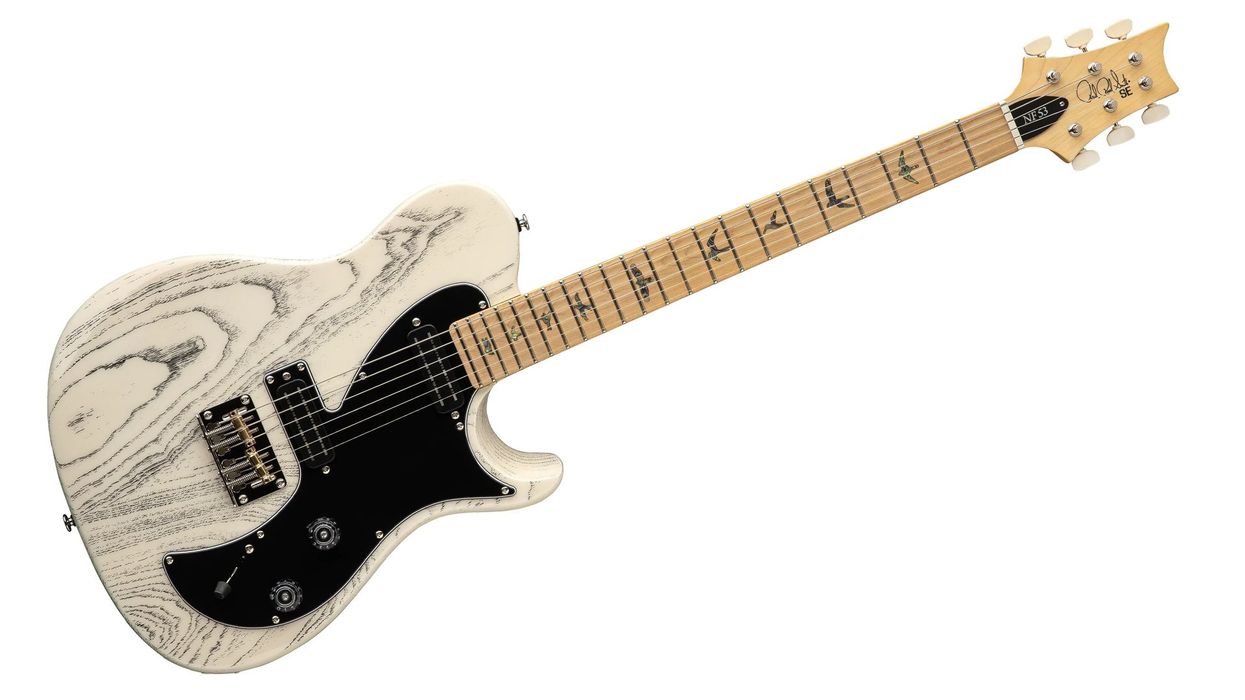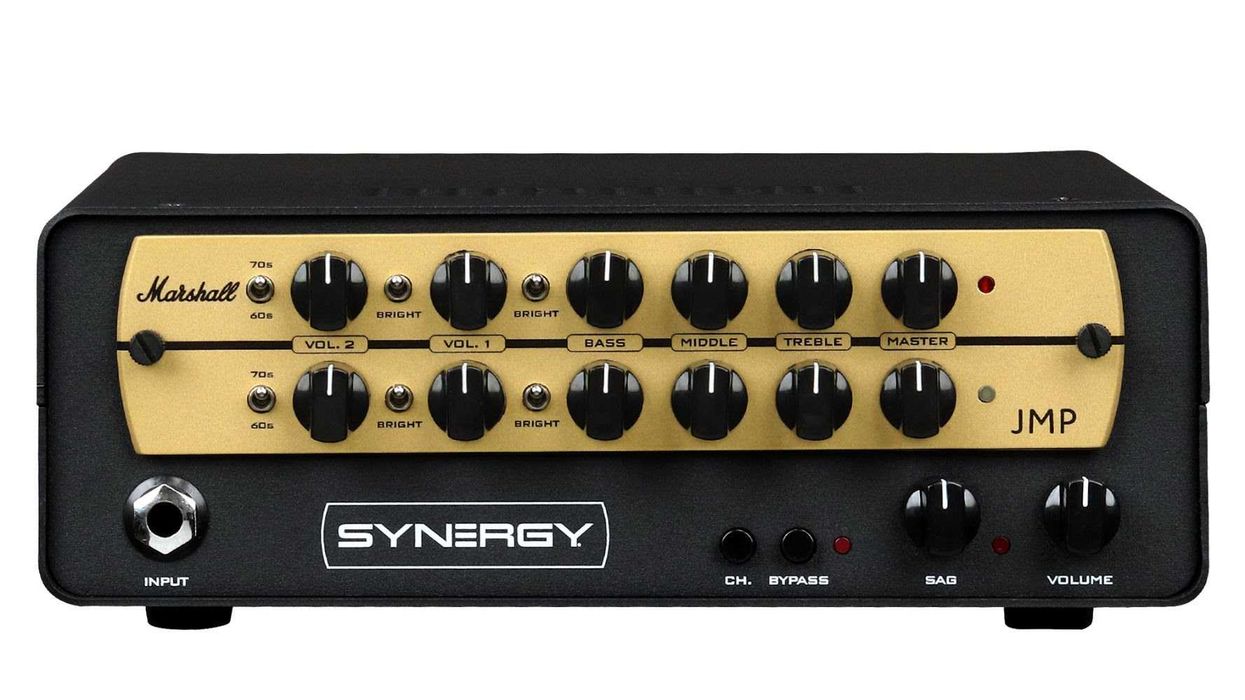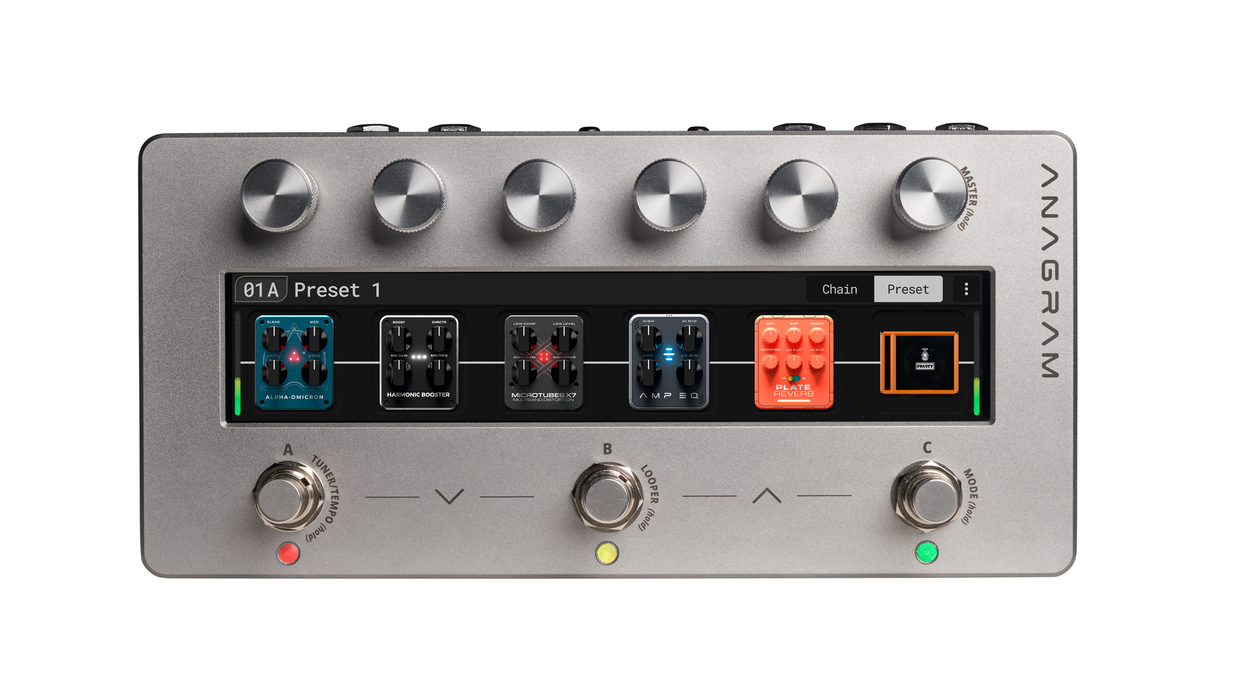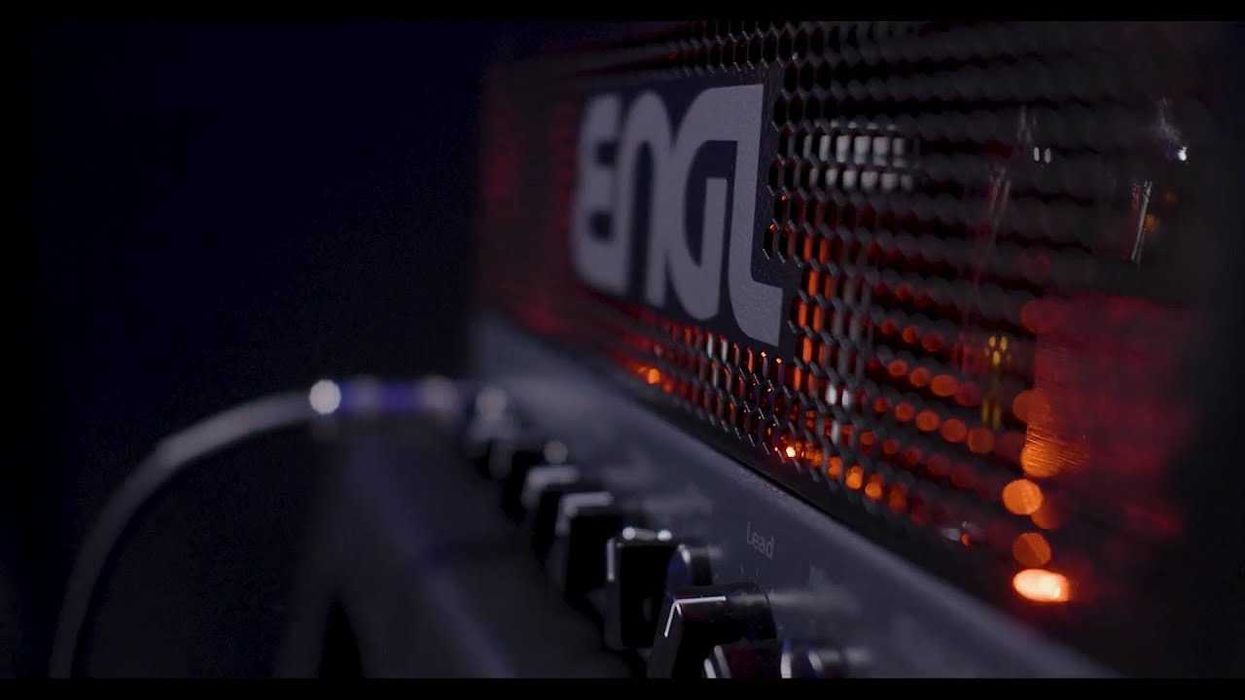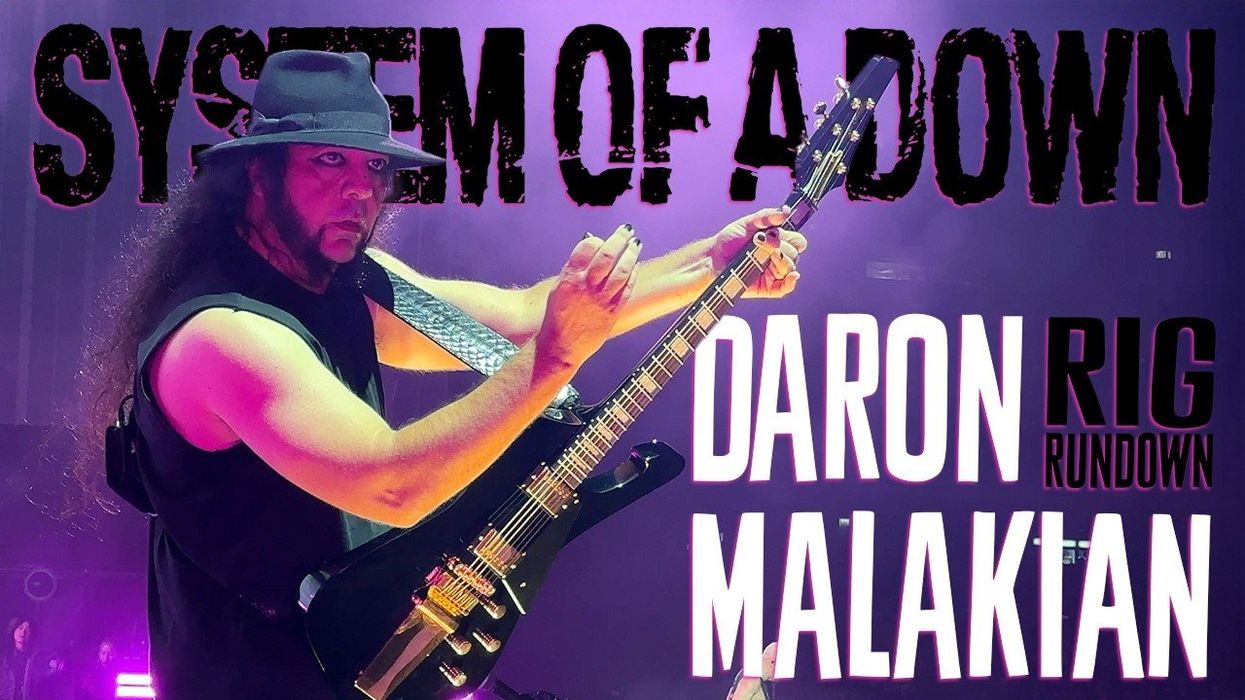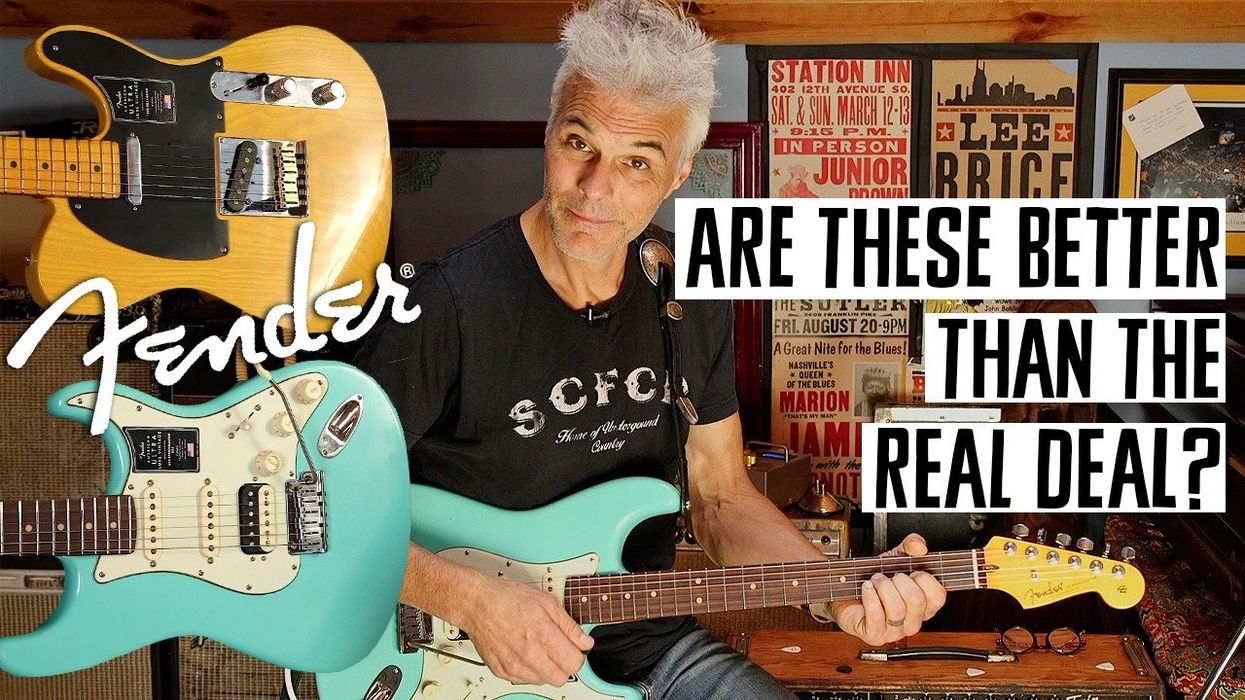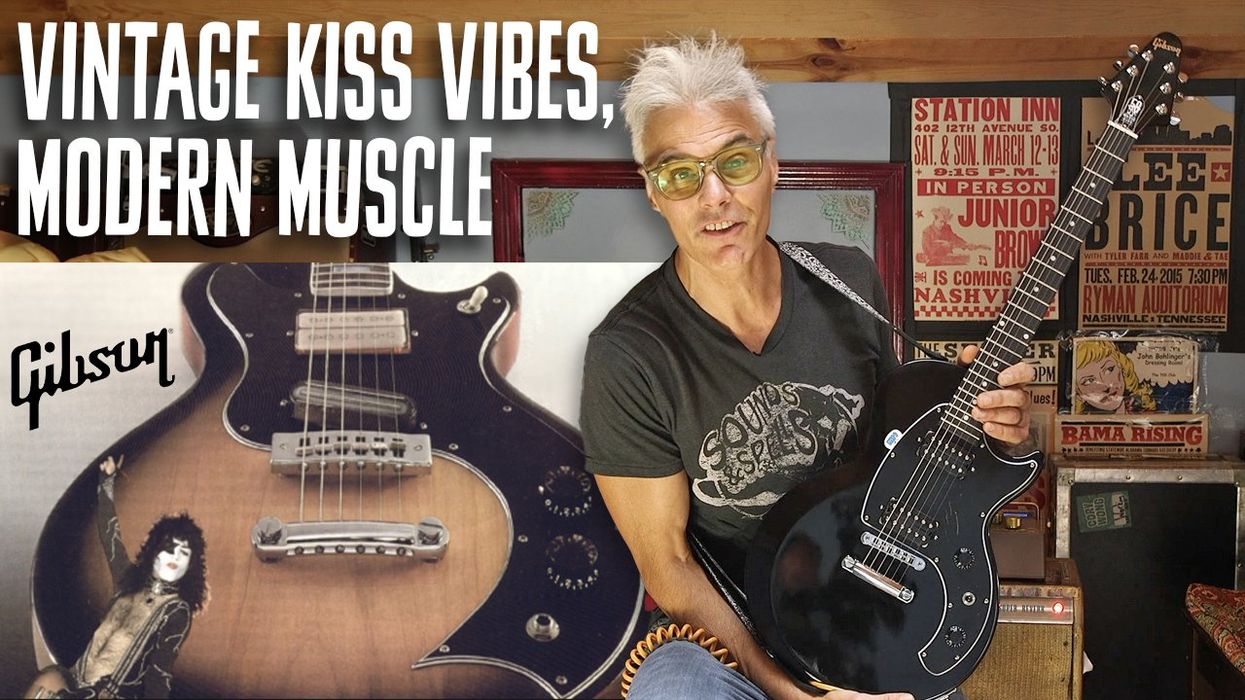NEWYORKPARIS
This stunning "folk-acoustic" might seem more fitting for an art museum wall than the hands of a street-corner busker, but this guitar was definitely made to be played. It boasts top-grade Sitka spruce for the soundboard, exceptional koa for the back and sides, and a mahogany neck topped with a bocote fretboard. This multi-soundported instrument is outfitted with a Magnetico and mini-condenser from Schertler, as well as an L.R. Baggs under-saddle piezo system.
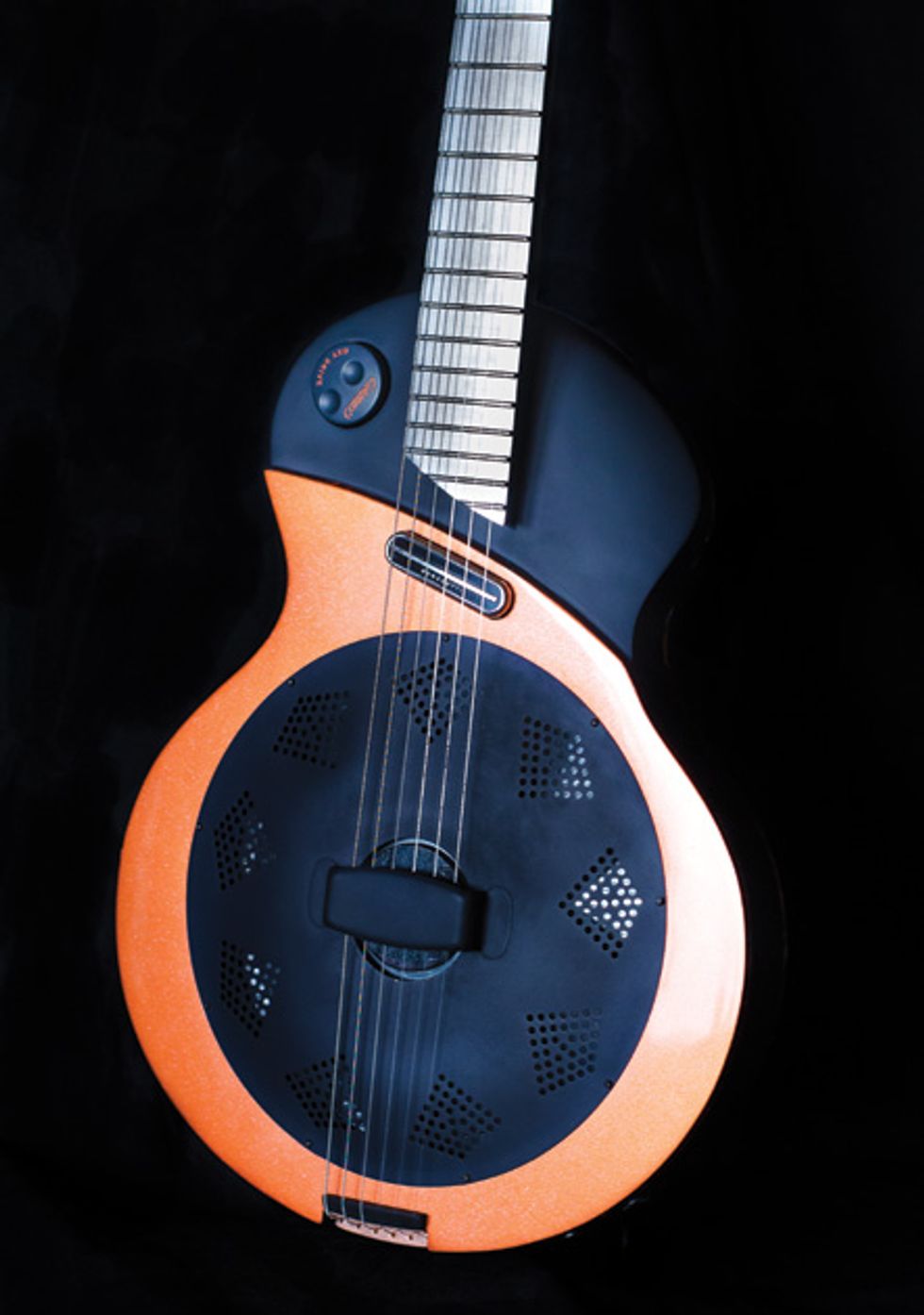
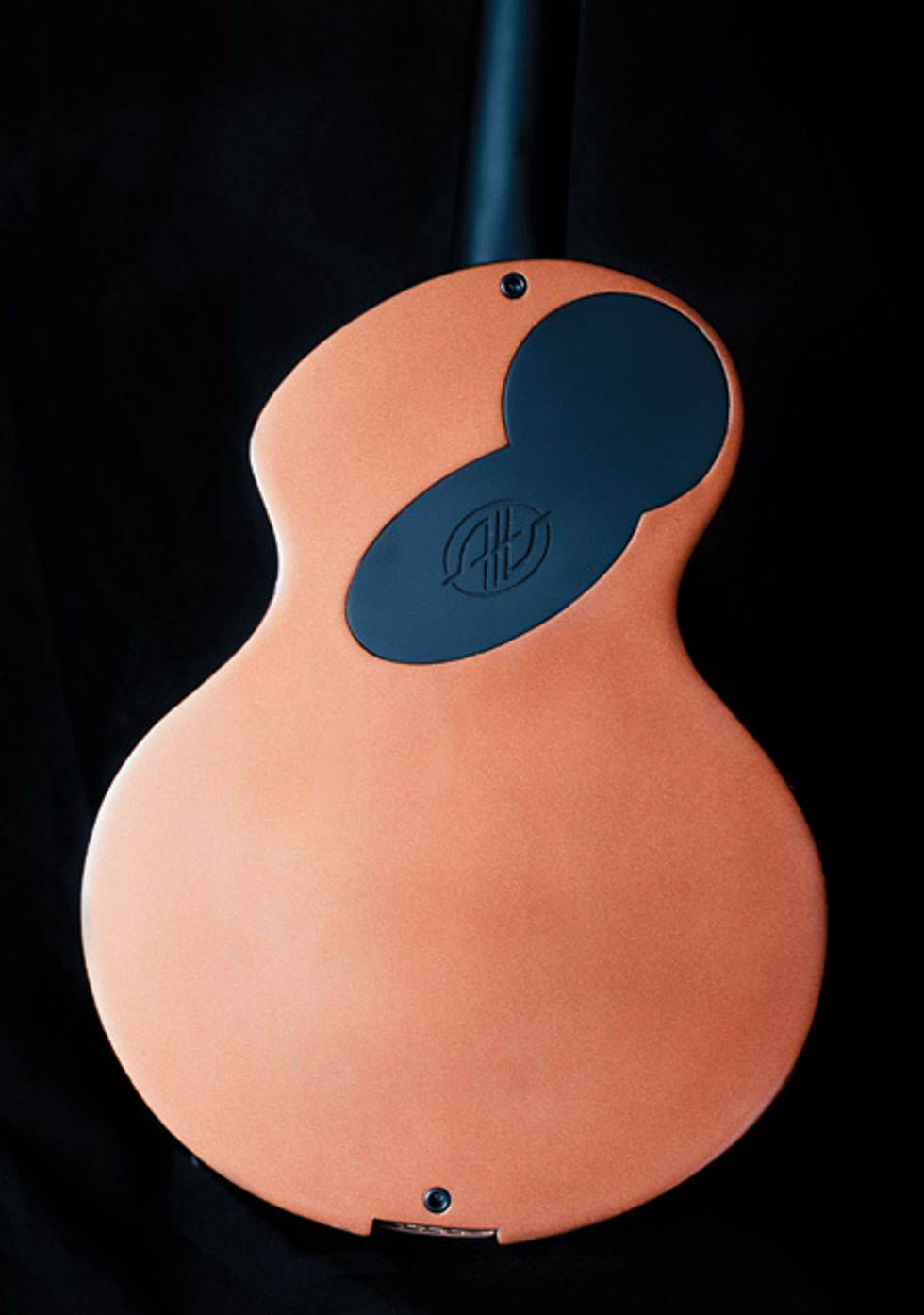
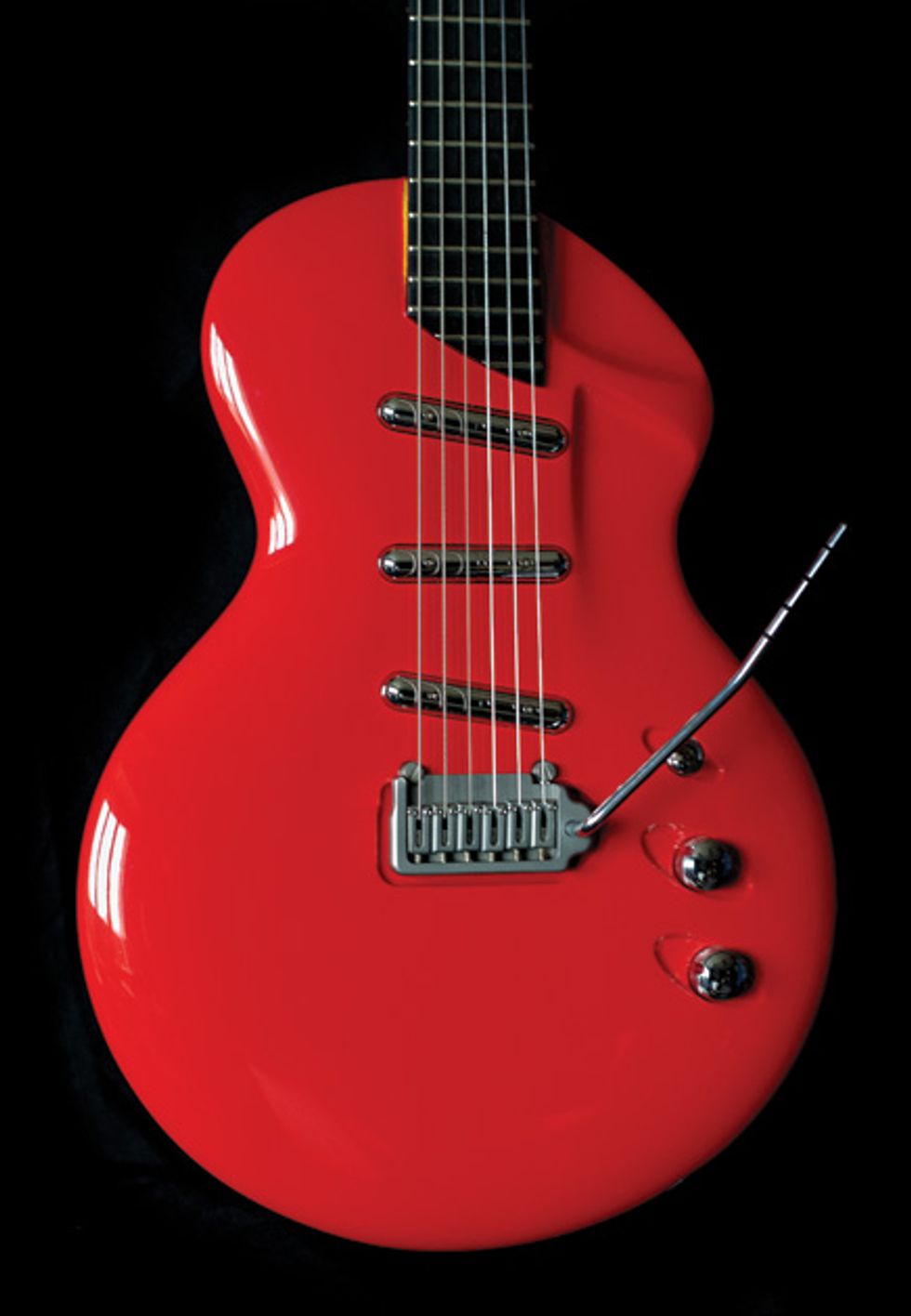
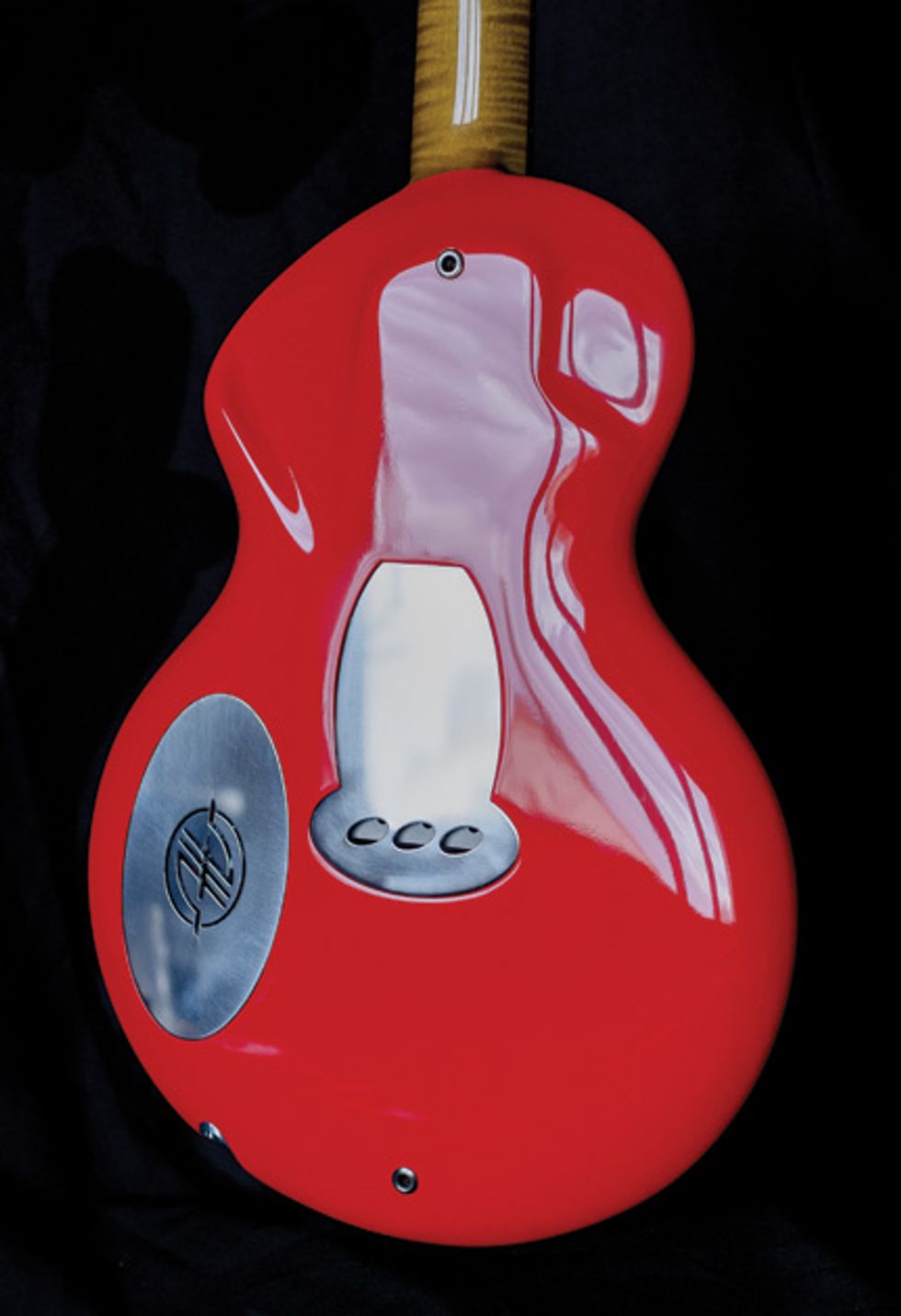
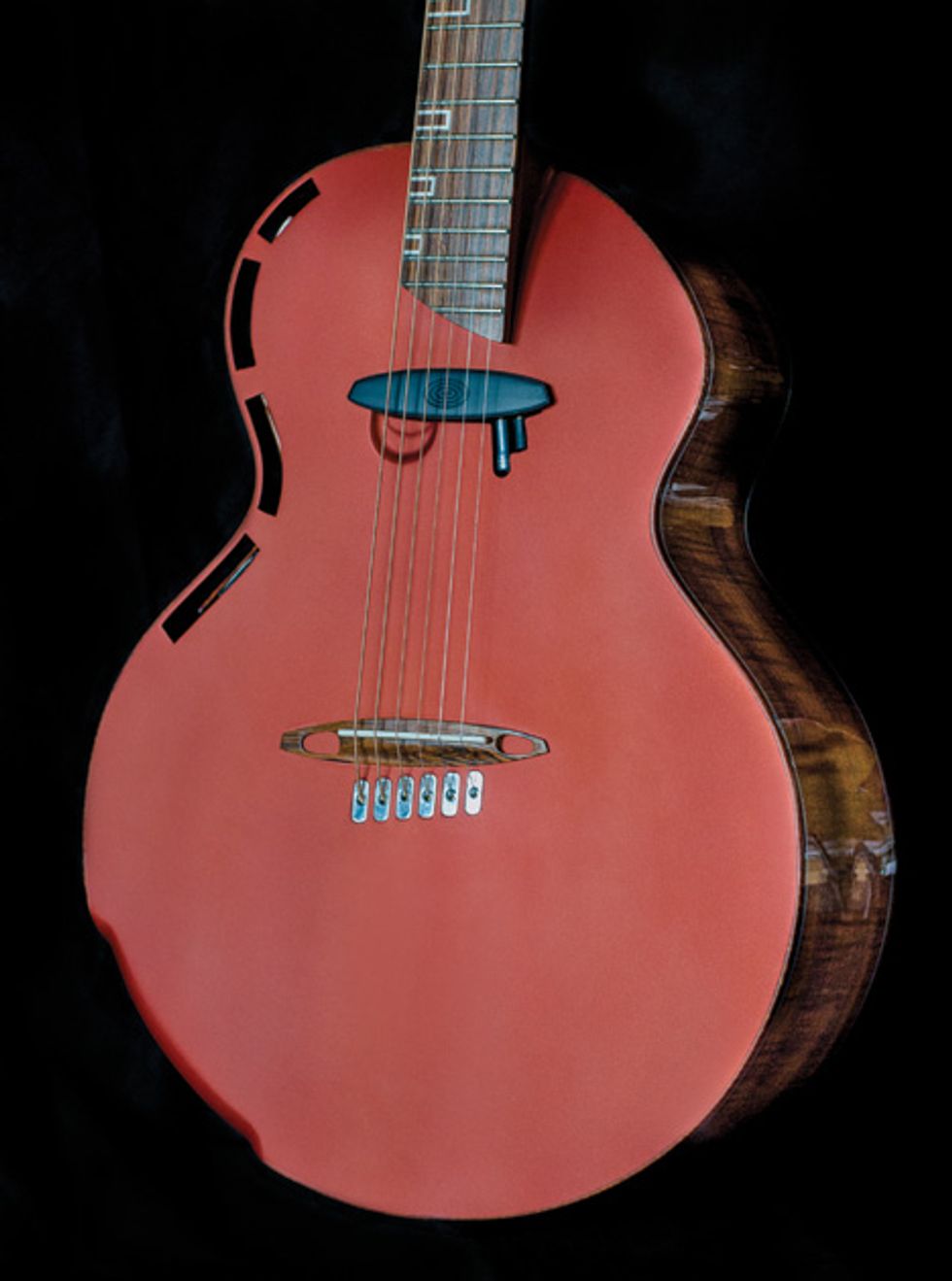
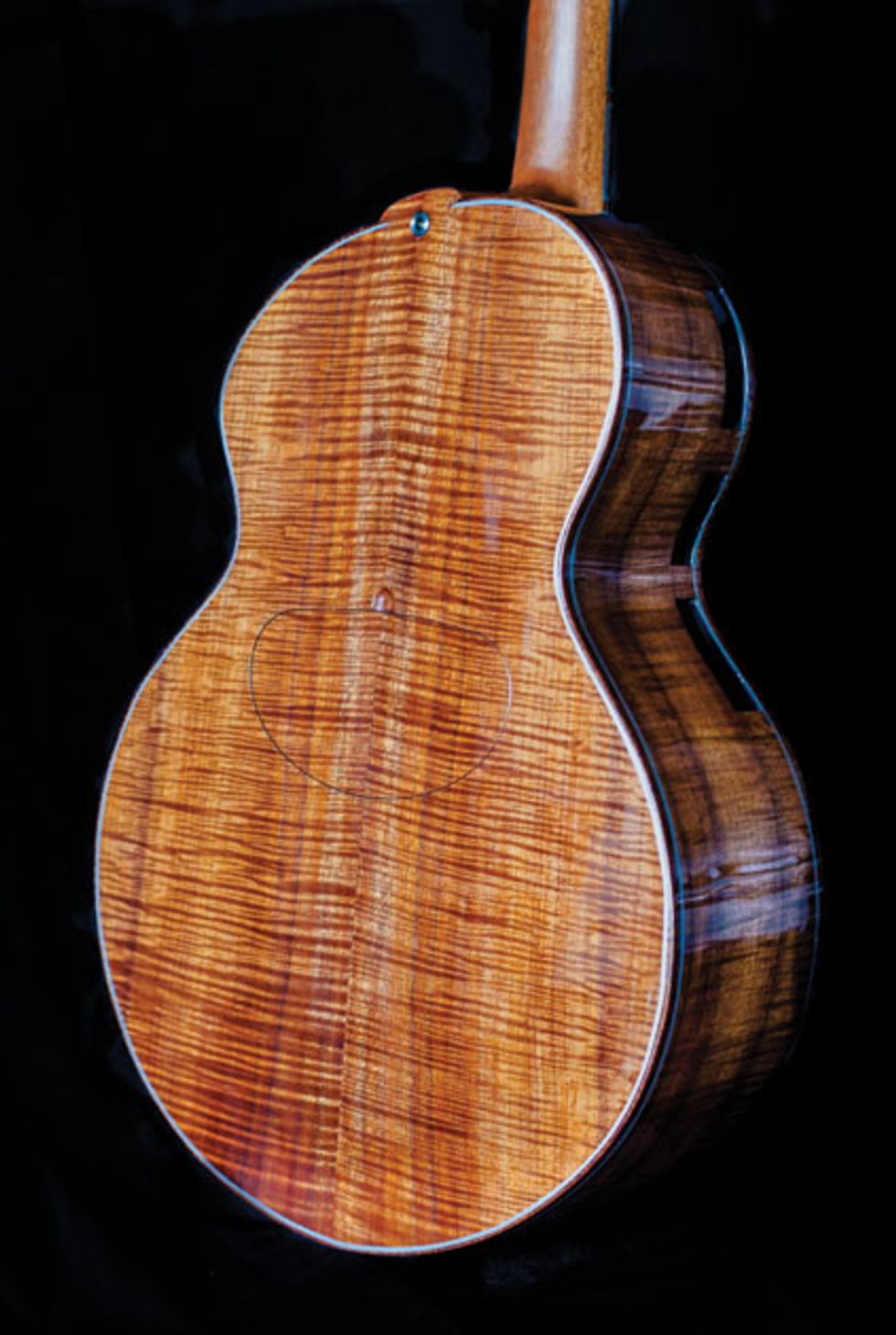
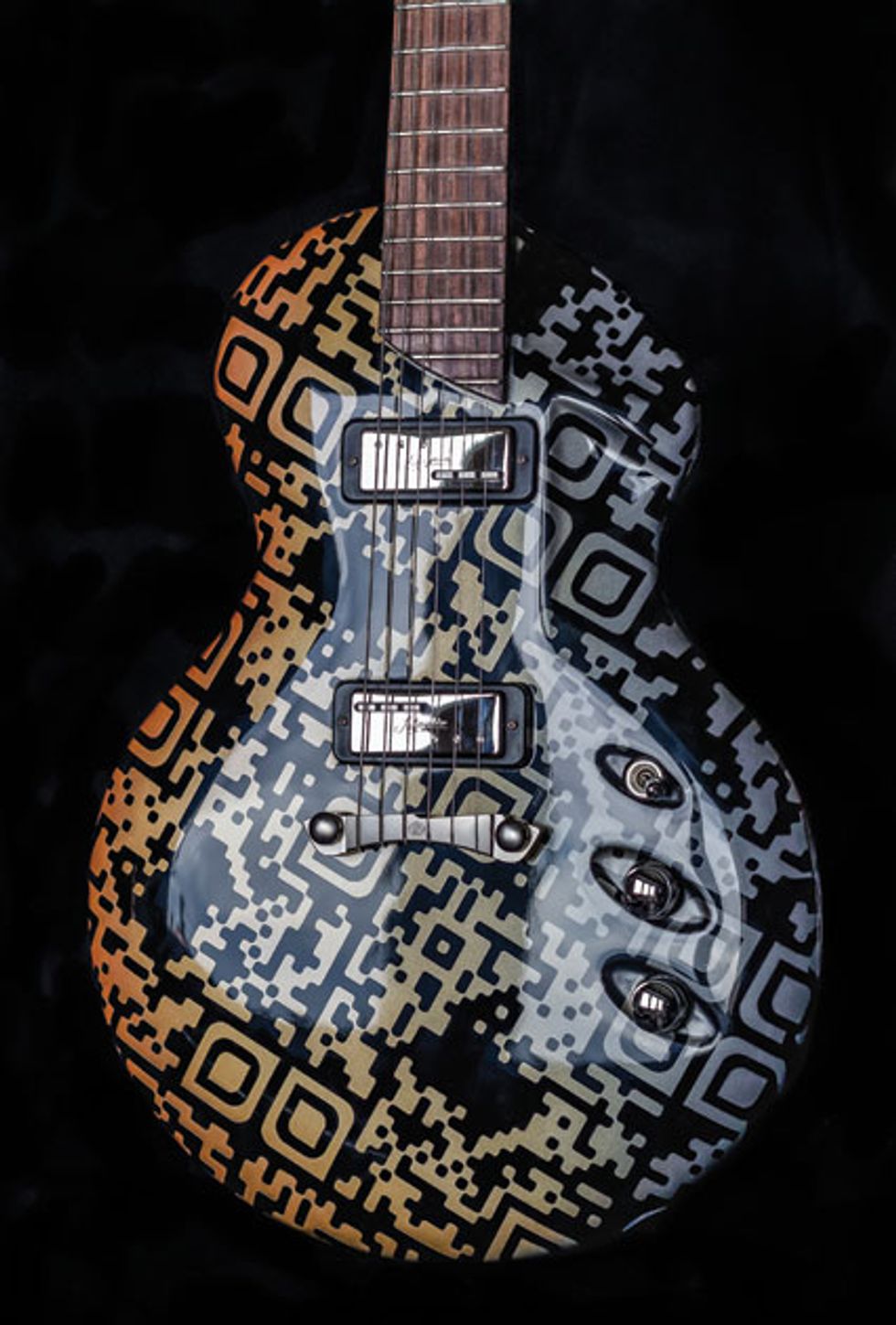
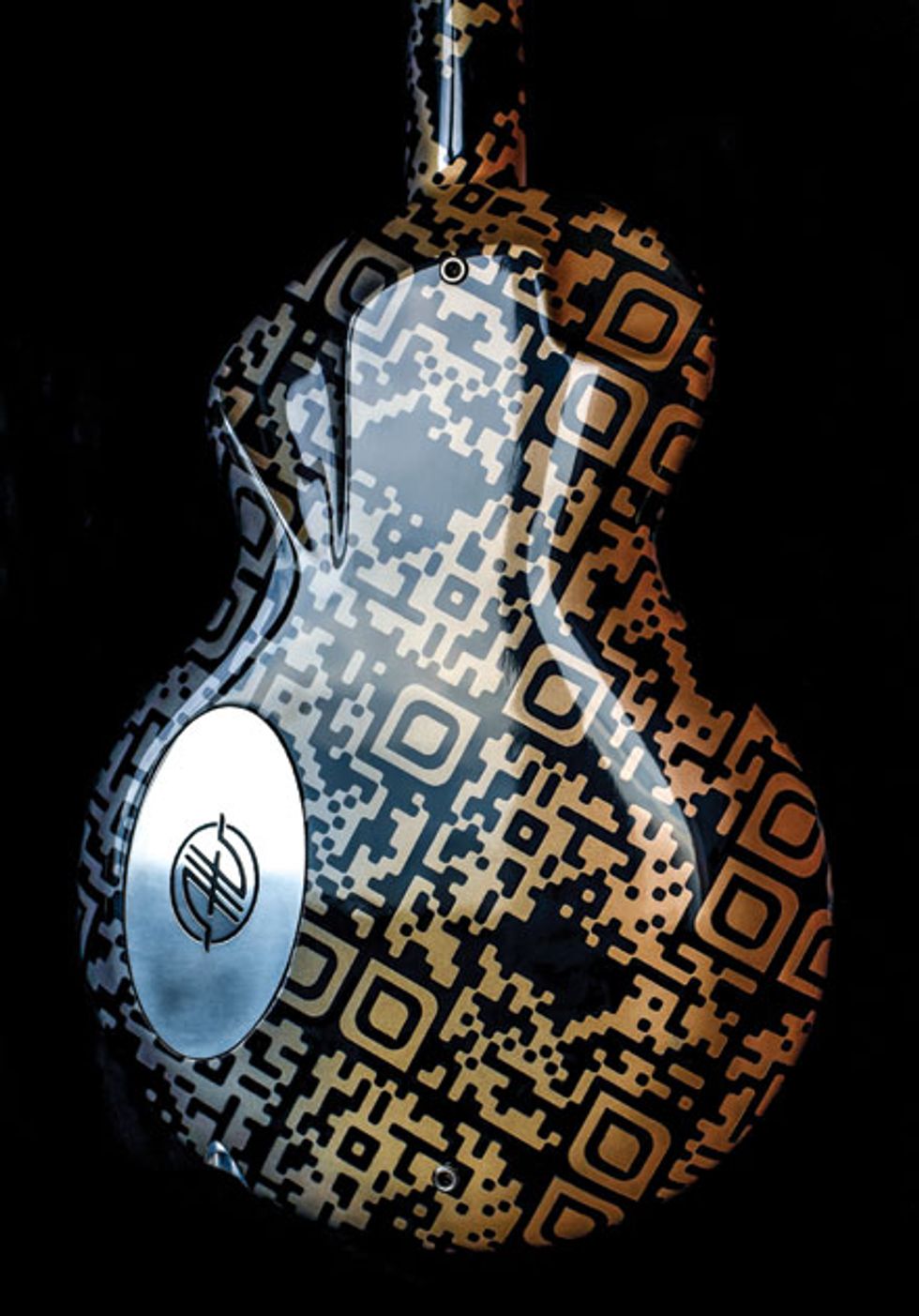
Luthier Jean-Yves Alquier’s interest in building guitars was sparked the moment he first held an instrument more than 20 years ago. He didn’t just want to play it—he had to know how it worked. Today, that same curiosity—and a passion for woodworking, drawing, and sculpture—continue to drive Alquier to create a variety of stunning instruments from his workshop in Le Soler, France.
Although Alquier’s background in guitar playing and listening to all types of music—from Bach to Zappa, B.B. King, and John Scofield—is hugely influential on his work, he’s equally inspired by automobile design. In fact, he says cars were the most creative design medium of the 20th century. And he aims to emulate that vibe with his guitars.
Alquier’s artistic skills were mostly self-taught for a number of years, but then in 1995 he set out to travel the world for a year, meeting instrument makers and soaking up live music in Australia, North Africa, Eastern Europe, Vietnam, Malaysia, Thailand, Laos, Cambodia, and Sumatra. With a guitar on his shoulder, he visited numerous Canadian and American luthiers, too, but he says the most valuable meetings were in Asia, where he witnessed traditional instruments being built without complicated tools—including craftspeople using their feet instead of vises! These builders both fascinated him and, in his words, helped “open his mind.” In 1998, Alquier built a classical concert guitar under the supervision of master builder Thierry Jacquet in Montpelier, France, to make sure he was ready and able to be a luthier.
But the cutting-edge designs Alquier is known for today yield little evidence of his initial training in the strict, traditional classical community. And though Alquier continues to build classical instruments (as with his Juliette model named after his daughter), he says he doesn’t want to be “imprisoned in any style.” Even so, he contends that the conservative aspects of classical-guitar luthierie teach technique and rigor. “I think luthiers must know how to build a classical concert guitar in order to really understand guitars.”
Despite his organic introduction to instrument building and the fact that all his instruments are currently handmade, Alquier has no qualms about computer-aided guitar construction, either. In fact, he says that acquiring a CNC (computer numerical control) machine is one of his next steps. “Not having a CNC is a handicap,” he states. “A luthier must not waste time on simple, necessary operations—but he still must not fall 100 percent into the machine-made category and lose the magic of handworking.”
Asked about the “magic” of his own designs and what he thinks sets them apart, Alquier says his main goal is “to simply do the best I can do and in the most sincere way.” He then quotes French composer Erik Satie, who said, “I’ve never written a note that was not sincere,” adding, “I feel the same way about guitar building.”
Pricing and Availability
Alquier builds approximately 20 guitars a year, but he is integrating his friend and fellow builder Marc Senn into the operation to specialize in basses. Alquier’s guitars are currently only available direct. Most orders are custom, and the wait time is approximately six months. Standard models are typically finished in about three months. His instruments range from $3,800 to $12,000.


